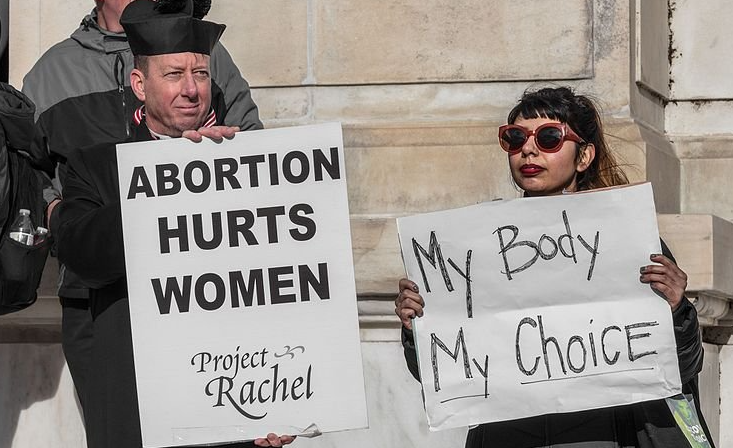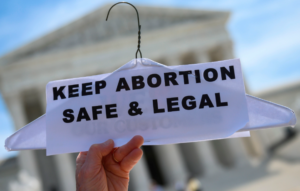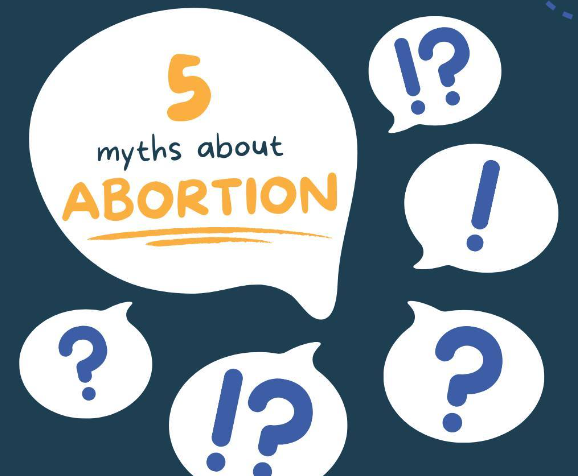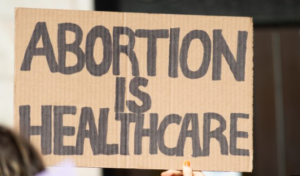
Parental consent laws require minors seeking abortions to obtain permission from one or both parents or guardians before proceeding with the procedure. These laws have been a contentious issue, with some arguing that they protect the well-being of minors, while others argue that they infringe on a minor’s right to access safe and legal abortion. This article will explore the impact of parental consent laws on teenagers seeking an abortion.

What are Parental Consent Laws?
Parental consent laws require minors seeking an abortion to obtain permission from a parent or legal guardian before having the procedure. These laws vary by state, with some requiring both parents to provide consent, while others require only one. In some cases, minors can seek a judicial bypass, which allows them to obtain permission from a judge instead of a parent or guardian.
Arguments in Favor of Parental Consent Laws
Supporters of parental consent laws argue that they protect minors by ensuring that they have the support and guidance of a parent or guardian during a difficult and potentially risky procedure. They also argue that these laws prevent adults from pressuring minors into having abortions against their will. Additionally, they contend that parental consent laws encourage family communication and involvement in important decisions.
Arguments Against Parental Consent Laws
Opponents of parental consent laws argue that they can have negative consequences for minors seeking abortions. For instance, some minors may not be able to obtain consent from a parent or guardian due to fear of abuse, neglect, or rejection. Moreover, some minors may live in households where they do not have a supportive family structure, and requiring parental consent may force them to carry unwanted pregnancies to term. Opponents also contend that parental consent laws can disproportionately impact marginalized groups, such as low-income individuals or those living in rural areas, who may have limited access to healthcare providers and legal resources.
Impact on Teenagers Seeking Abortion
Parental consent laws can have a significant impact on teenagers seeking abortions. According to research, these laws can increase the risk of delayed care and complications, particularly for those who are unable to obtain consent. In some cases, minors may attempt unsafe and illegal abortions or delay seeking care, which can lead to health complications, including death. Moreover, parental consent laws can create barriers to access for minors living in rural areas, where healthcare providers may be scarce or require lengthy travel. These laws can also be particularly harmful to minors who have experienced abuse or trauma, as they may be hesitant to seek permission from their abuser.
Impact on Confidentiality
Parental consent laws can also impact the confidentiality of minors seeking abortion care. In states where parental consent is required, healthcare providers may be required to notify parents or guardians of a minor’s decision to have an abortion, which can violate their privacy and potentially lead to harm. This can create a dilemma for healthcare providers, who may be torn between their ethical obligation to protect patient confidentiality and their legal obligation to comply with parental consent laws.
Judicial Bypass Process
In some states, minors who cannot obtain parental consent can seek a judicial bypass, which allows them to obtain permission from a judge instead of a parent or guardian. However, the judicial bypass process can be time-consuming, expensive, and emotionally taxing for minors, who may have to navigate a complex legal system. Additionally, judges may have varying interpretations of the law, which can create inconsistencies in access to care.
International Perspective
Parental consent laws are not unique to the United States and are a contentious issue in many countries. In some countries, such as the United Kingdom, minors can consent to medical treatment, including abortion, without parental involvement, as long as they can make informed decisions. In other countries, such as Ireland, parental consent laws were historically strict, but have since been relaxed, following a referendum to repeal the constitutional ban on abortion
Alternatives to Parental Consent Laws
Advocates for reproductive justice have proposed alternatives to parental consent laws, such as parental notification laws, which require healthcare providers to notify parents or guardians of a minor’s decision to have an abortion, but do not require their consent. Other proposals include expanding access to reproductive healthcare for minors, including comprehensive sex education, contraception, and STI testing and treatment.
Conclusion
Parental consent laws continue to be a contentious issue, with arguments on both sides. While these laws may aim to protect the well-being of minors seeking abortions, they can also create significant barriers to access, particularly for those who are unable to obtain consent. It is essential to ensure that minors have access to safe and legal abortion care without fear of retribution or harm, while also providing resources and support to those who may need it. Ultimately, the decision to have an abortion should be left to the individual, in consultation with their healthcare provider


 The Realities Concerning Abortion
The Realities Concerning Abortion














